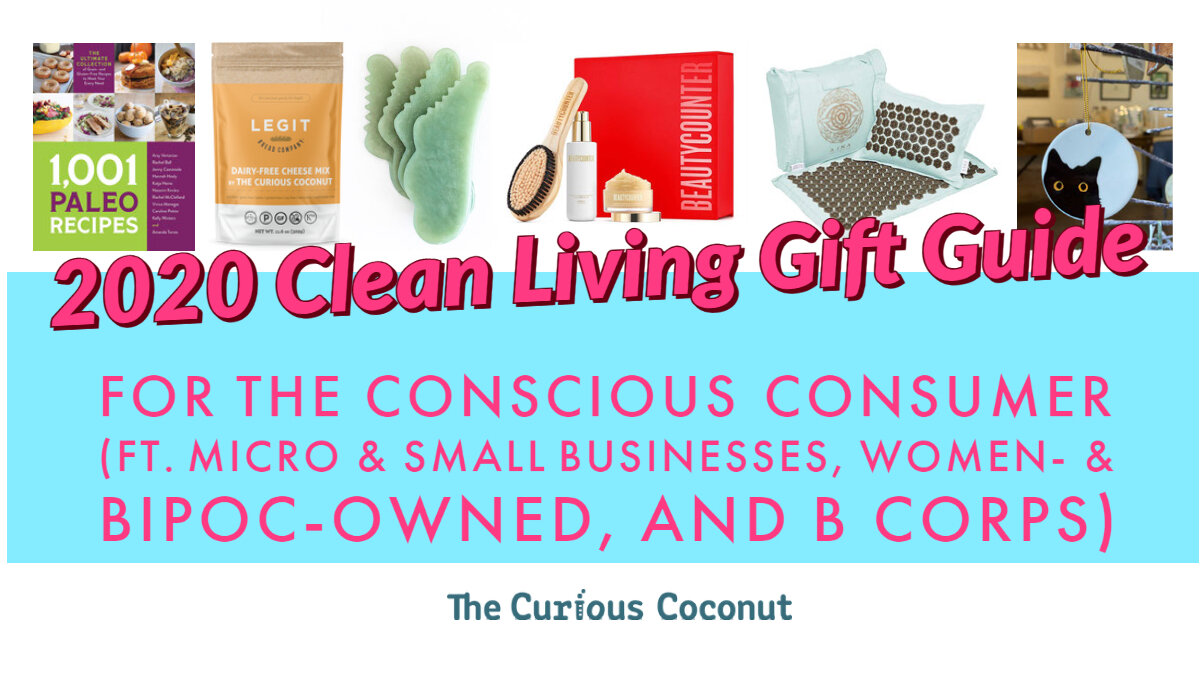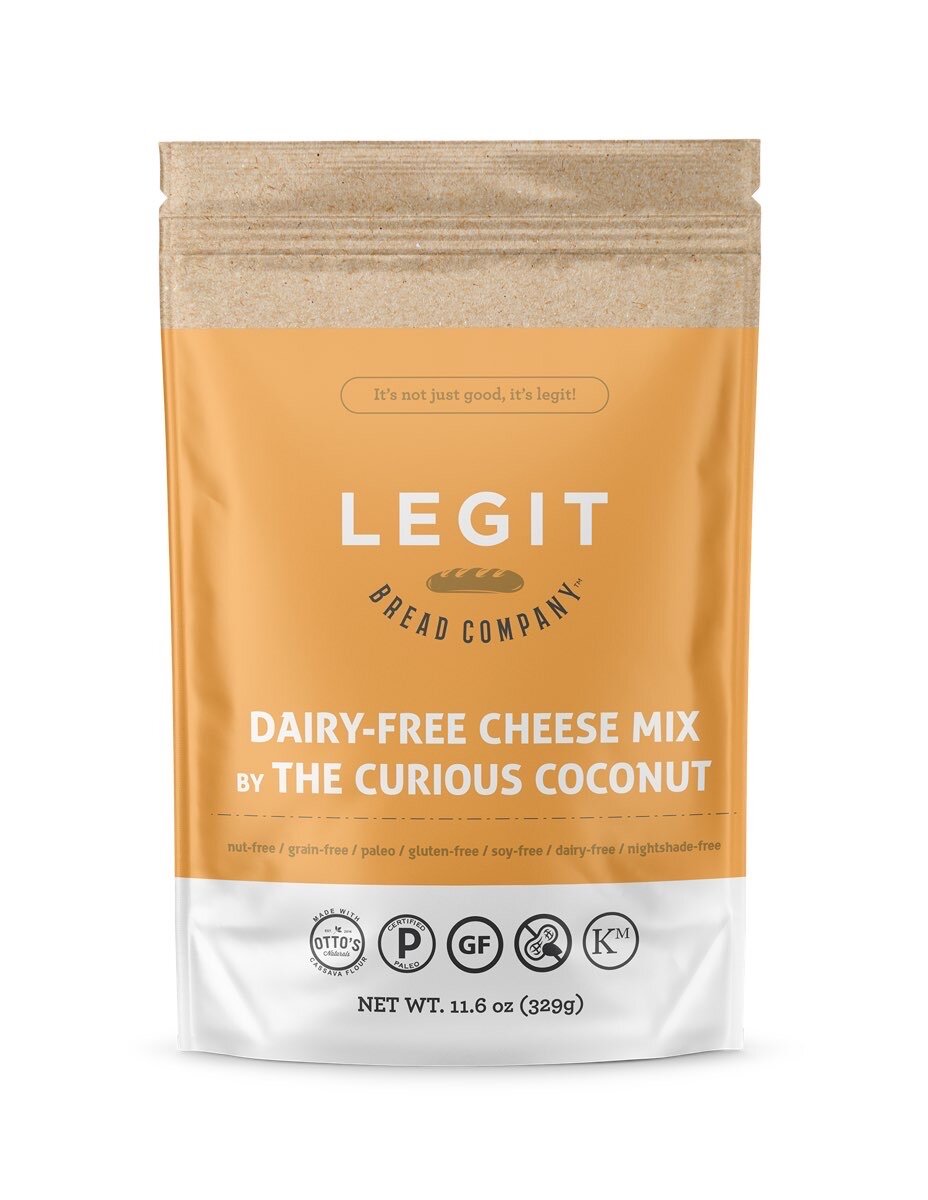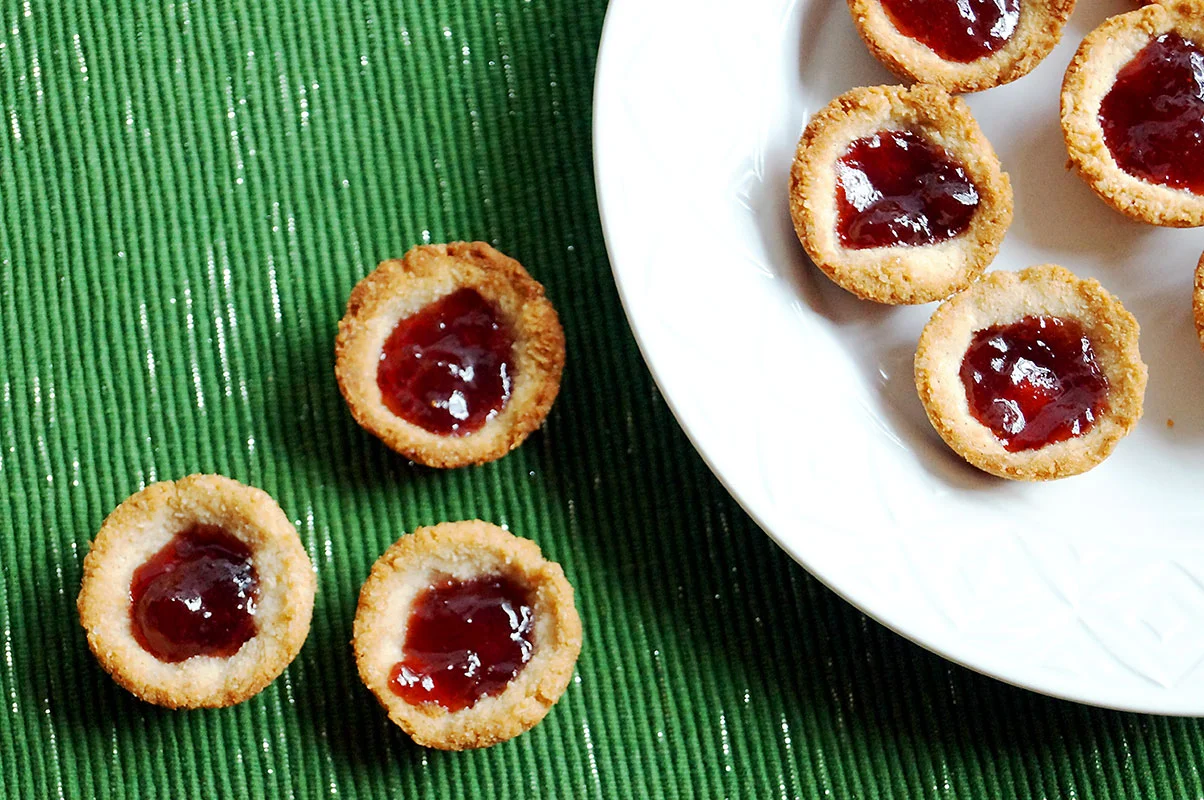Do you think much about the farmers who grow your food? What about the farmers who live on the other side of the world from you to bring you things like coffee, chocolate, spices, teas, and coconut products?
October is Fair Trade Month, and to celebrate I've teamed up with Fair Trade USA to bring awareness to the importance of buying fair trade products.
What does "fair trade" mean?
Buying Fair Trade ensures that you’re getting quality products and the people who grow, sew and craft them get a fair deal for their hard work. In fact, your everyday purchases can help farmers and factory workers in 70 countries work in safe conditions, earn extra money to invest in their communities and improve the lives of their families.
These additional funds are called Community Development Premiums, which are invested in much needed projects like schools, wells, and roads. Fair Trade also helps protect the environment through sustainable farming practices and by restricting GMOs and harmful pesticides. Child labor is also strictly prohibited, helping kids stay in school and build bright futures.
Look for the Fair Trade Certified™ label on thousands of products—from coffee and chocolate to apparel and home goods— in stores where you regularly shop. (source)
Pretty awesome, right? That's why whenever I can, I opt for Fair Trade certified products. I like to get paid a fair wage for my work and want the people who produce the food that nourishes me and keeps me alive to, too. Learn more about which products have Fair Trade certification here.
Meet Joab, a Coffee Farmer
Joab Jonadab Keki, an inspirational coffee farmer & member of the Gumutindo Coffee Cooperative in Uganda
Joab Jonadab Keki was born in 1960, and has been farming since he was a small child. He farms on 5 acres, and has coffee trees older than him. He says some of the biggest benefits of Fair Trade Certification is the minimum price it guarantees and that it helps the leaders of the cooperative enable transparency to their members. With the fair price received for his coffee, he has been able to expand his farm; he started with 3,000 trees and now cultivates 100,000 coffee trees. This income enabled him to adopt 15 children and send them to boarding school. It also enabled him to diversify his crops to include cocoa and vanilla.
Fair Trade Recipe Rally
I received an awesome goodie box full of Paleo Fair Trade ingredients so that I could come up with a delicious recipe to share in the Recipe Rally this month. Above are all the great products I got in my gift package. I'm highlighting the coconut flour, unsweetened cocoa powder, and coconut oil in my Egg-Free Fudgy Mug Cake.
The next time you are shopping for ingredients in your Paleo pantry, take a moment to consider a brand who is certified Fair Trade. It's good karma for you and it doesn't have to mean you're paying more money for your product, either.
I hope you enjoy this recipe!
Egg-Free Fudgy Mug Cake (Paleo, AIP option)
Published 10/18/2015
Mug cakes are all the rage right now, but this recipe is unique because it is egg-free and has an AIP option. Plus, if you're like me and don't own a microwave, you can make this in the oven and it's just as good!
Ingredients
- 1 Tbsp coconut flour, sifted
- 1 Tbsp cocoa powder or carob powder
- 1 Tbsp sucanat or coconut sugar
- 1/2 tsp gelatin
- 1/4 tsp baking powder (I use a homemade blend of 2 parts cream of tartar to 1 part baking soda)
- 1 Tbsp unsweetened apple sauce
- 3 Tbsp coconut milk
- 1/2 Tbsp coconut oil, melted
Instructions
- If using a conventional oven, preheat oven to 350.
- Add dry ingredients (including gelatin - no need to "bloom" it here) to an ovenproof/microwave safe mug or ramekin. Stir with a fork to combine evenly.
- Add wet ingredients (apple sauce and coconut milk) and stir to combine.
- If using a microwave, cook on high for 2 minutes and check it. Cook for 20 sec until done to your liking. Mine was done at exactly 3 minutes.
- If using an oven, cook at 350 for 15 minutes. Enjoy!
Cook time: 00 hrs. 03 mins.
Total time: 5 mins.
Recommended Ingredients
These are affiliate links to the products I use in my own kitchen. Click on any photo to learn more.
























